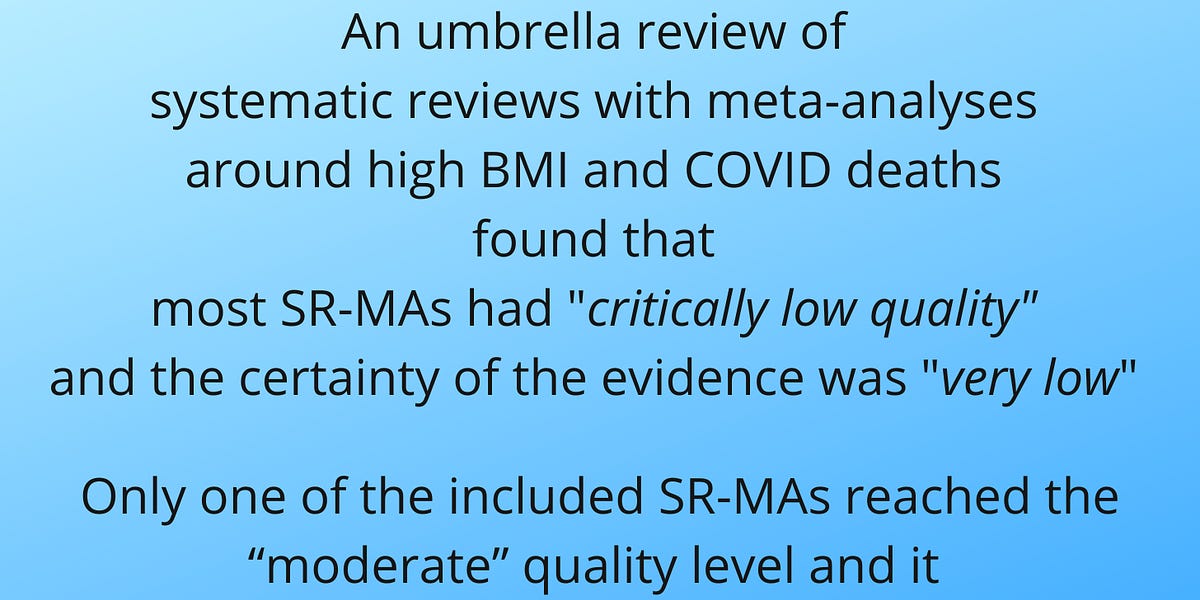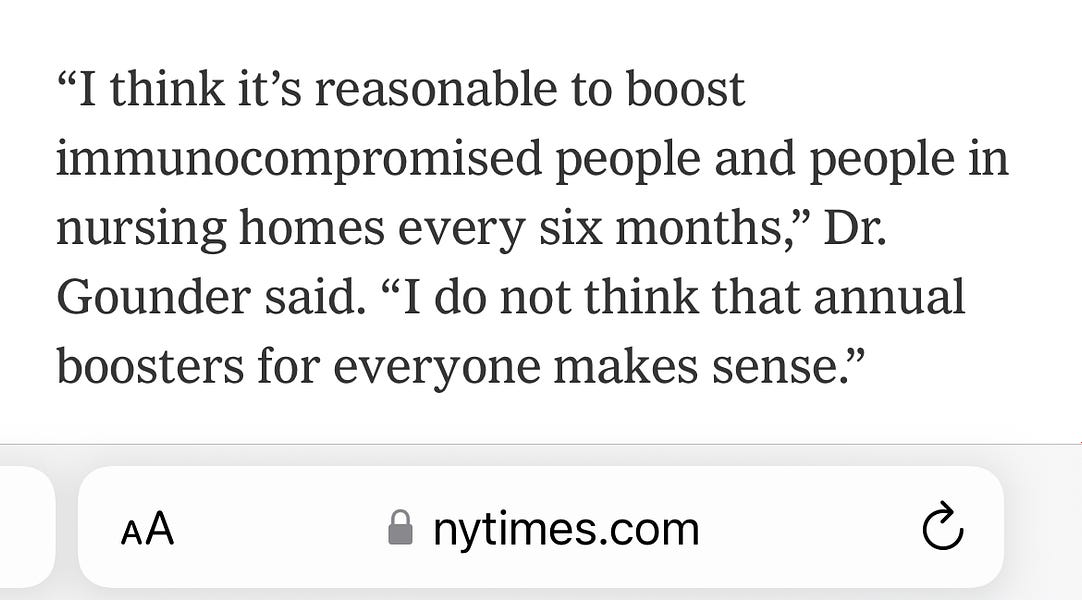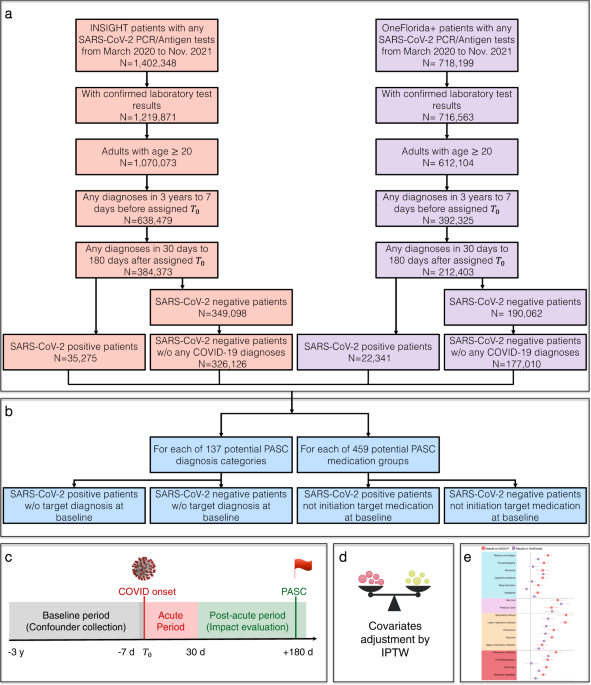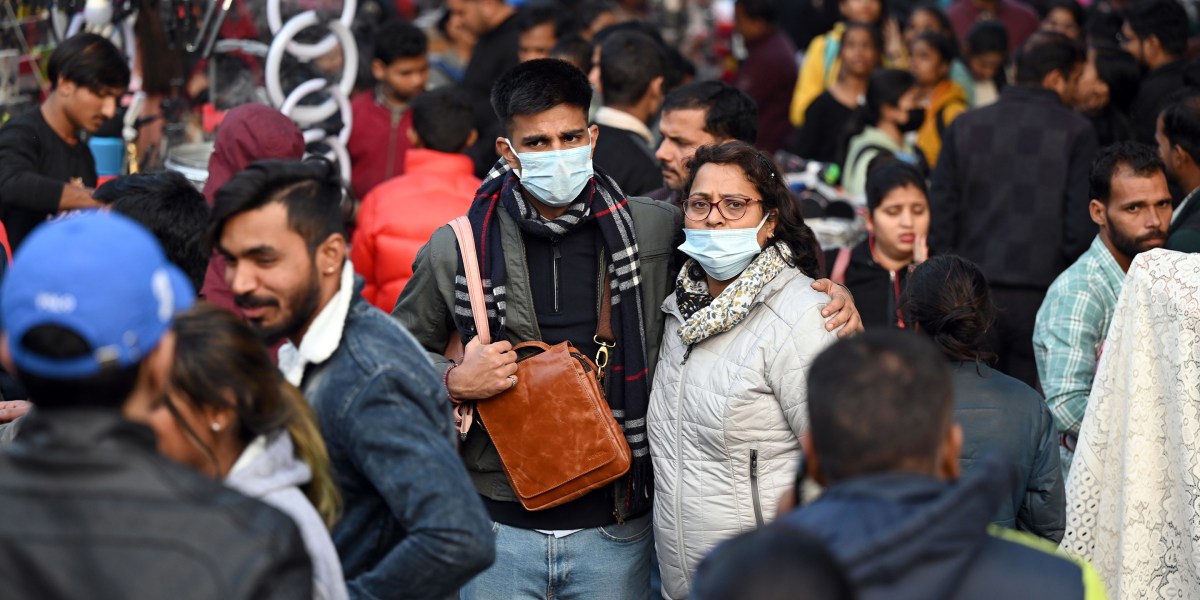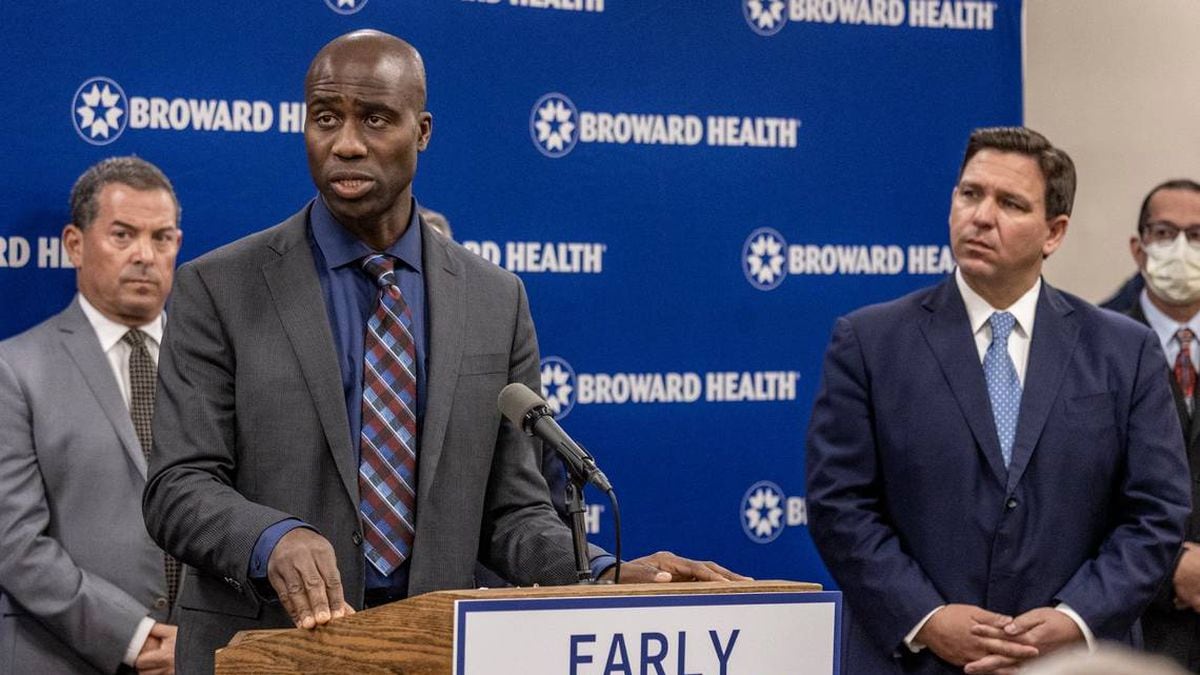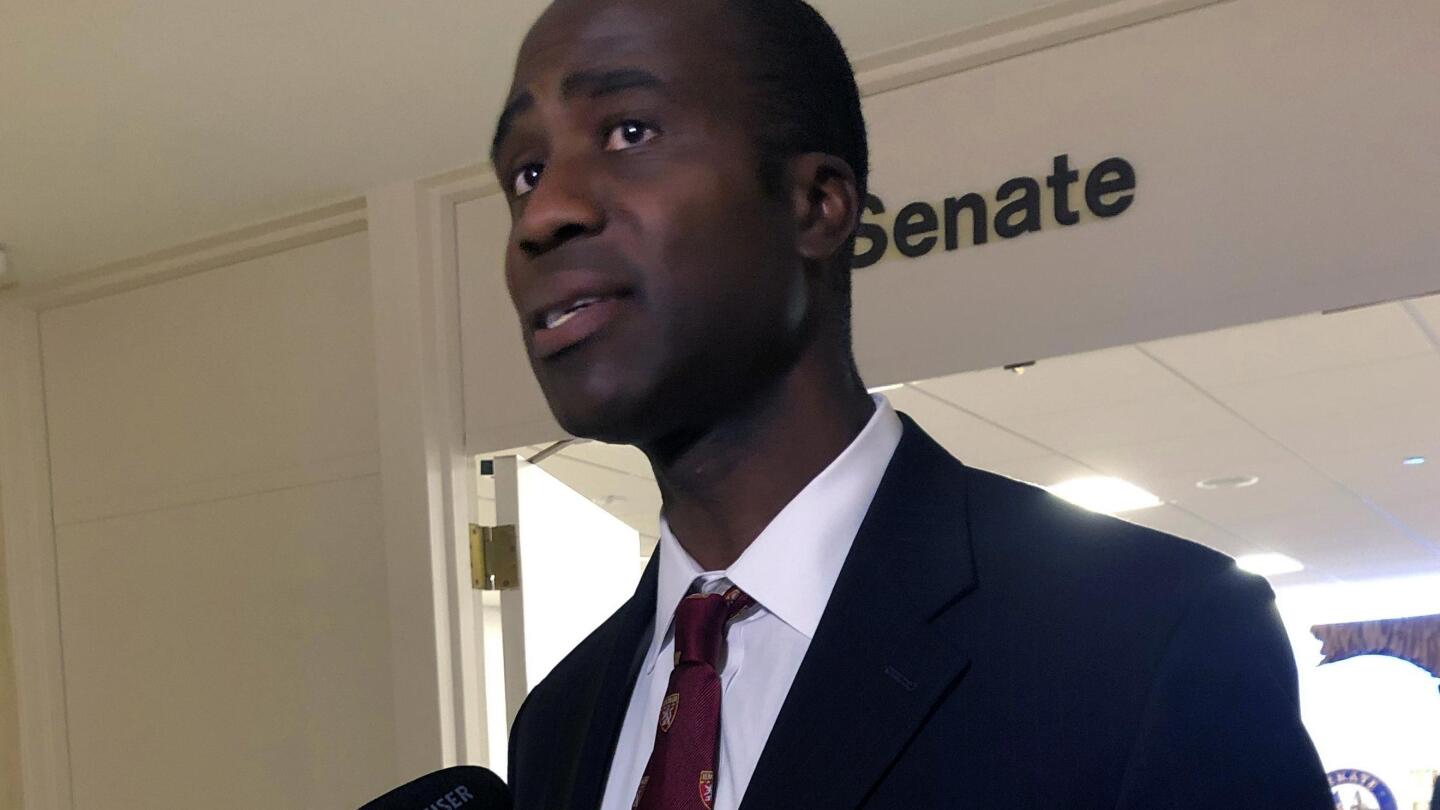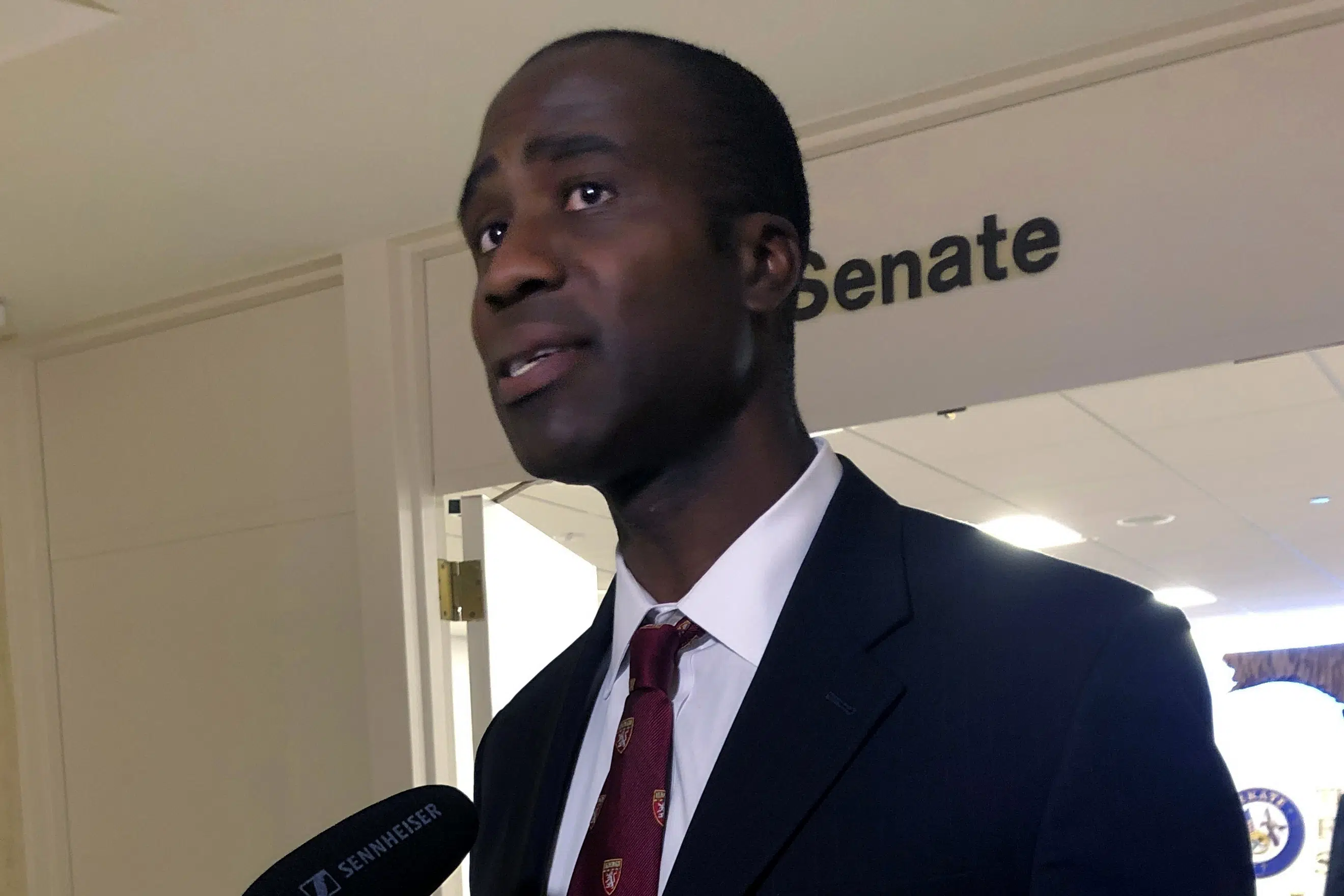Don’t disagree with you on the US, but I also imagine there’s a strong Reverse Lake Wobegon Effect, where people are more likely to rate their own country’s performance as below average. Covid was an awful experience for just about every person in the world, so they’re likely to focus on the things their government did that contributed in any way to that awfulness
I’m using our deaths/million and vaccine coverage as metrics (correlated, I’m sure) - we look terrible in comparison to both Japan and SoKo.
Not disagreeing, but we need for somebody to do this analysis controlling for baseline health. People in Japan and Korea are generally healthier than most Americans, and they're nowhere near as obese. We know that mattered, probably a lot when it comes to excess deaths. That's not to say that policy decisions didn't matter too, just that we would have expected Japan to do better than the US because almost no matter what because the Japanese aren't all carrying around an extra 50 pounds that they don't need.
Yeah, that's what I was getting at with my "performance above expectation" idea. I also think social cohesion plays a huge role. In certain regions (Asia, Scandinavia) there's far more acceptance of the idea that you're all in this together, or that if the government suggests you do something, you go along with it rather than posting YouTube videos of yourself flaunting the recommendations. It seems intuitive that would lead to better outcomes, although I have no idea if there's data to back that up. And of course there was Asia's previous experience with SARS, which was still fresh in lots of people's minds
Then again, the Japanese government came out early during the pandemic and recommended the "
Three Cs" -- avoid closed spaces with poor ventilation, crowded spaces and close-contact settings -- that IMO is way more effective messaging than the "stand six feet apart, wash your hands for 20 seconds and, um, check back with us for the current recommendations regarding masks" line we had here.
Like I said, probably impossible to tease out the inherent societal characteristics from the actions of the government

